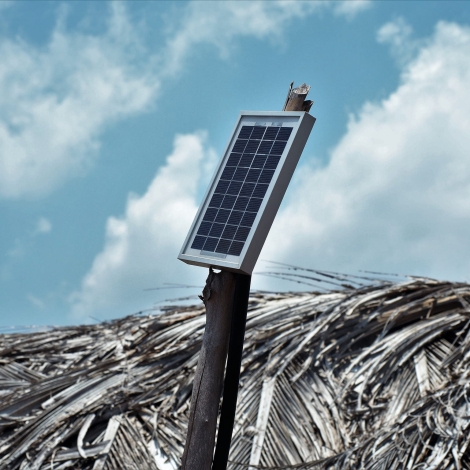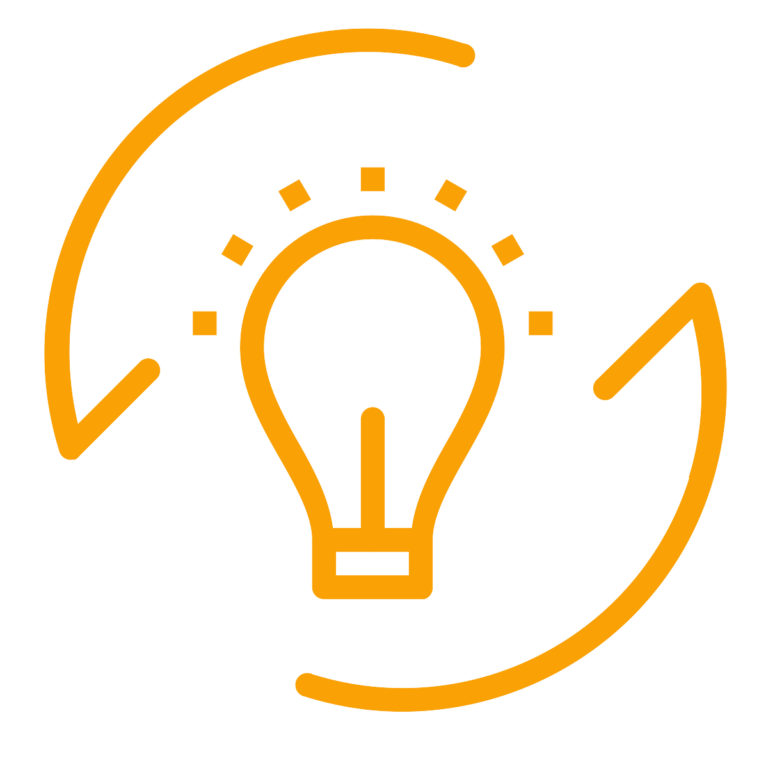A new package of data-collection and decision-making tools helps communities with poor energy access make informed decisions about how to meet their most pressing energy needs. MIT D-Labs’ Energy Assessment Toolkit is aimed at organizations that work closely with communities that have been overlooked in the work to provide energy to everyone around the world. While aid organizations tend to focus on dense populations where infrastructure can serve the most, and private business seeks optimum markets, hard-to-reach and sparsely populated communities can fall through the cracks. There is a need for off-grid energy solutions, and we made a toolkit to identify what will work best.
A Toolkit to Assess Needs
In 2015, MIT D-Lab began working with Mercy Corps to develop the toolkit. Our goal is to create a means by which organizations with strong connections in off-grid communities can assess energy needs and select market-based solutions for residents and businesses.
“Energy today is about everything we do. When it comes to nighttime, everyone is in the darkness – that alone is preventing development outcomes” – Thierno Diallo, country director, Mercy Corps Niger
Expertise in off-grid energy solutions is not necessary to use the toolkit. The essential qualifications are a strong presence in the community and the ability to take action based on the opportunities identified. Organizations that have used the toolkit include community-based businesses, nongovernmental organizations and civil society organizations. They all have ongoing programs in off-grid regions and are looking to further develop energy access programs that leverage their existing connections with communities.
We hope that by providing a roadmap, organizations will be able identify energy products and services that could benefit the community, and might not reach them otherwise.
What the Toolkit Includes
The Energy Assessment Toolkit, which is open-source and available online, includes surveys and interview guides that an organization can use to gather information from a range of stakeholders, such as community residents, business owners, government officials and others. The kind of information the surveys and interviews explore includes:
- Current energy access and expenditures
- Aspirational energy needs
- Existing supply chains
- Community institutions and stakeholders (private sector, government, NGO)
The toolkit is modular, allowing the organization conducting the assessment to determine the scope and scale of the study. In addition to the data collection tools, the toolkit includes data entry and visualization tools that can be used to analyze data and guide the design of the assessment plan by identifying technologies and business models that address the most pressing needs in a specific area. The goal is to enable organizations to collect the information needed to make informed decisions about how to meet the particular needs in their community through market-based initiatives. (Note: This community-based assessment approach is not intended to replace studies that track energy access on a national level or to generate market intelligence reports for external organizations looking to expand their business or programs into new markets.)
The Energy Assessment Toolkit is part of a larger suite of initiatives developed as part of the MIT D-Lab Off-Grid Energy Roadmap. D-Lab is also working on developing and curating resources to help organizations identify off-grid energy solutions and business models that can meet the unique needs of off-grid communities.
Using the Toolkit
We began piloting the toolkit in 2015 in El Salvador with ASAPROSAR, an NGO in Santa Ana that provides health, education, environment and economic development programs. We went on to conduct trainings with Mercy Corps country staff in Mali, Nigeria and Niger, where we improved the toolkit to better meet the needs of local teams.
The assessment Mercy Corps conducted in Mali identified the need for households to reduce the money spent on cooking fuel. It also found that the major reason why efficient cookstoves had not reached this market was a poor supply chain beset by security issues in the northern part of the country. Mercy Corps is now helping facilitate the distribution of cookstoves by connecting manufacturers in southern Mali to wholesalers and entrepreneurs in northern Mali. This pilot program could be implemented quickly because Mercy Corps Mali already had a program that trains entrepreneurs in the regions where communities could benefit from cookstoves. Mercy Corps has experience working with a wide range of local and global commercial actors to help test and demonstrate business models that have the potential to scale up to meet the energy needs of off-grid communities. In this case, all they needed was to identify the need and the product suppliers and they were ready to go. This was a great example of a local organization, well-connected in a community, with the capacity not only to conduct the assessment but also to implement an appropriate solution.
An extension of Creative Capacity Building
MIT D-Lab is known for its work in Creative Capacity Building, an approach to international development that trains people in resource-poor settings around the world to create or adapt technologies that will improve their lives and strengthen their communities. In this way, people become active creators of technology, not just recipients or users of technology. The Energy Assessment Toolkit approaches development in a similar way; it views organizations with a strong local presence as powerful agents of change and provides the tools and training necessary to assess community needs and implement the right solutions to meet the energy needs of the community in which they work.
Eric Verploegen leads the MIT D-Lab Off-Grid Energy Group.
A version of this article was first published at NextBillion.


It is fantastic. I am very much willing to join team to work and make it most successful event.
Really a good piece of work, the contribution to the developing nation on it basic needs without affecting the environment it would save them the resource in re creation process. I’m glad to work with the team in the deployment of off grid area power source development project.